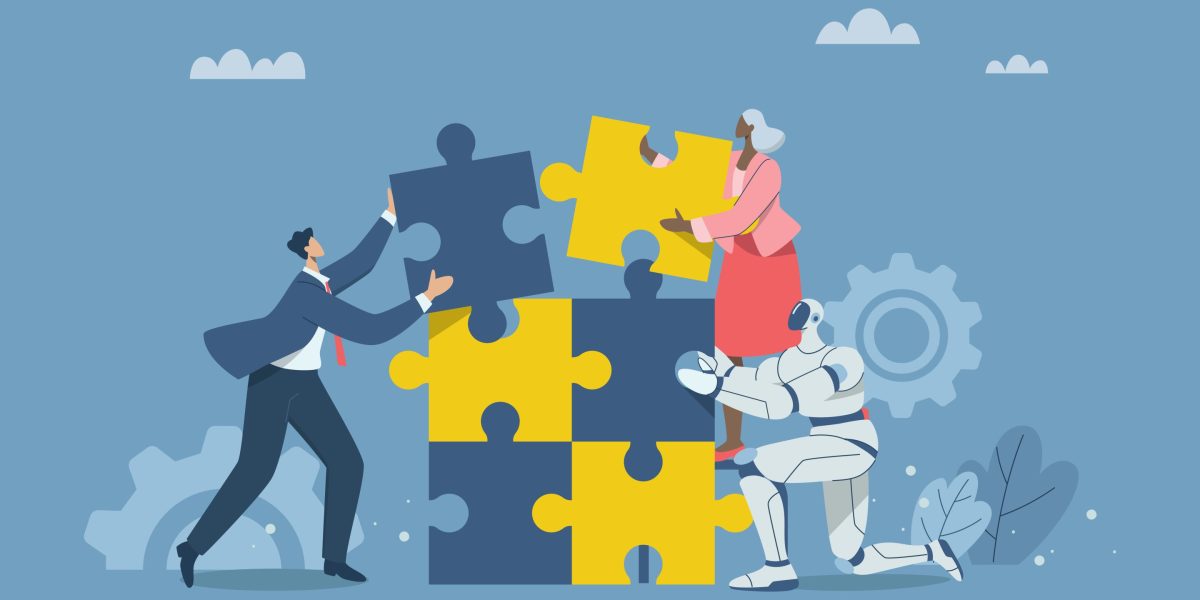
"A novel experiment at Procter & Gamble reveals that artificial intelligence isn't just a tool-it's becoming a genuine teammate that can match human collaboration. For decades, the holy grail of business performance has been effective teamwork. We've organized entire companies around the premise that collaboration beats individual effort-that two heads are better than one. But what happens when one of those "heads" is artificial intelligence? A remarkable field experiment involving 776 professionals at Procter & Gamble-and led by Harvard's D^3 Institute, where I'm an executive fellow-has fundamentally challenged our assumptions about teamwork, expertise, and the future of collaborative work. The results suggest we're witnessing the emergence of what researchers call the "cybernetic teammate": AI that doesn't just assist but actively participates in the collaborative process."
"The P&G experiment was elegantly simple yet profound. Cross-functional teams of commercial and R&D professionals were randomly assigned to work on real product innovation challenges in four different configurations: individuals working alone; traditional two-person teams; individuals with AI; and teams augmented with AI. The headline finding is striking: Individuals working with AI delivered measurable performance improvements-nearly 40% gains -that elevated them to the same level as traditional human teams. In other words, AI appears capable of replicating the fundamental benefits we've long attributed to humans in terms of collaboration, including the innovative power of multiple human perspectives."
A field experiment at Procter & Gamble involved 776 commercial and R&D professionals randomly assigned to four configurations: individuals working alone, traditional two-person teams, individuals paired with AI, and teams augmented with AI. Individuals paired with AI delivered nearly 40% performance gains, reaching the same overall performance level as traditional human teams. AI provided benefits similar to multi-person collaboration by pooling expertise, catching blind spots, and generating more innovative solutions. The results indicate the emergence of a 'cybernetic teammate' that actively participates in collaboration and suggest implications for team design, incentives, governance, and human-AI coordination in organizations.
Read at Fortune
Unable to calculate read time
Collection
[
|
...
]